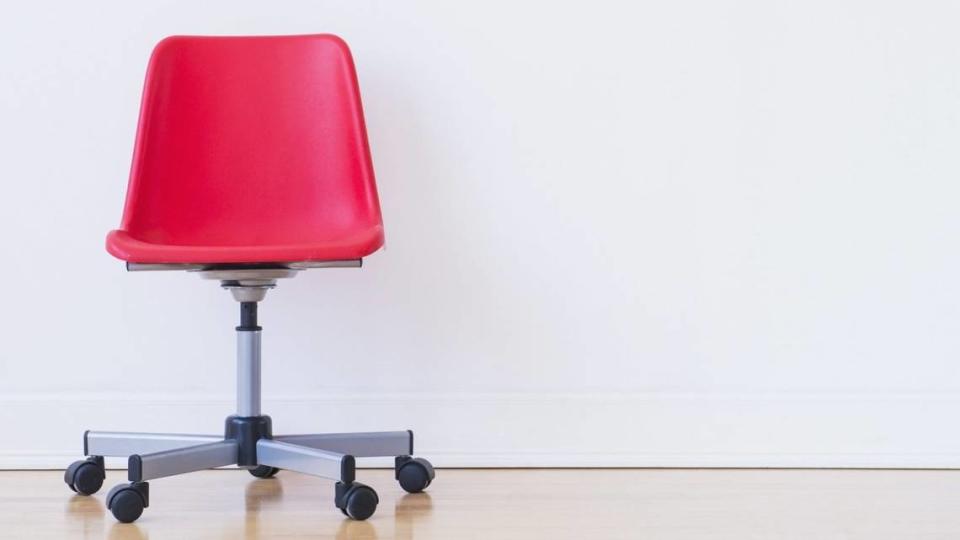If women want a seat at the table, we’ll have to bring our own chair | Opinion
When the pandemic showed up in our schools, hospitals, and where we work and worship, many of the true first responders were women.
As a teacher, I know firsthand the demand put on service-industry workers and how women largely made up the workforce of some of the most essential and, during the pandemic, dangerous jobs.
Although women make up 50 percent of the workforce, our country lacked the infrastructure to properly support them through this pandemic.
CBS News reported that, “Nearly 3 million U.S. women left the labor force in the last year,” and they attribute it to “persistent pay inequality, undervalued work and antiquated notions of caregiving.”
These underlying factors contributed to women either exiting the workforce, creating hybrid offices and daycares in their homes, or physically reporting to jobs that deemed them essential in title, but not in pay or respect.
I am certain that, were it not for the Herculean sacrifices women have made during this pandemic, the country would have buckled under the pressure COVID-19 applied.
As we begin to emerge from our bunkers and our bubbles of safety, it appears women, once again, will lead communities into a post-pandemic version of themselves.
In order for women to effectively answer the call, they will need the appropriate infrastructure to support their ascension.
So, how do we, as a society, begin to fill in the gaps highlighted during these times for those who have supported Americans during their darkest and neediest hours?
At the government level, subsidizing childcare would be a mammoth step in the right direction. The cost of childcare is a huge burden for families and, usually, if something happens, the mother is the one who takes on the role of caregiver. Unfortunately, this sometimes can mean that she’s seen as a liability in the workplace.
As a society, we can work on normalizing caring for self, family and health.
Jobs are important, but women cannot forsake their health, families and selves for a job that eliminates them when they respond to pressure from outside forces.
Women need to echo how it was during the pandemic. They need to remind those who are in power that it’s necessary to change perspective. Prioritizing ourselves or our family is not a sin against our job or career, but rather a gift that creates a more enriched and productive society.
Corporations need to keep remote work an ongoing option, encourage and build in sustainable work practices around self-care and elevate unique voices and divergent opinions, as a result, fostering creativity and a positive working environment.
Institutions of education need to actively dismantle gender-specific normatives in course offerings, and by employing more women in general and specifically women of color as professors in subjects and degree areas where these groups are underrepresented. Women of color, especially Black women, are the most educated group in America, according to the National Center for Education Statistics.
This infrastructure would allow women to access spaces once denied them because of gender inequality. The benefits of their presence in these spaces could bring forth new innovations, improve our healthcare system, our education system and, ultimately, our government.
Representation gives marginalized individuals hope, access and the permission to enter. And we cannot ignore that it also allows for a societal and cultural shift in understanding that those who are on the margins are those who are holding everything together, bearing the weight of society’s ignorance in seeing that they are essential, with or without a pandemic.
It is time for women to bring their own seat to the table. No permission needed. We have earned the right.
Alexandria Martin teaches English at Miami Carol City Senior High School. She is designated building steward, co-chair of the Standards for Educational Evaluations Committee and vice president of high schools for United Teachers of Dade.


